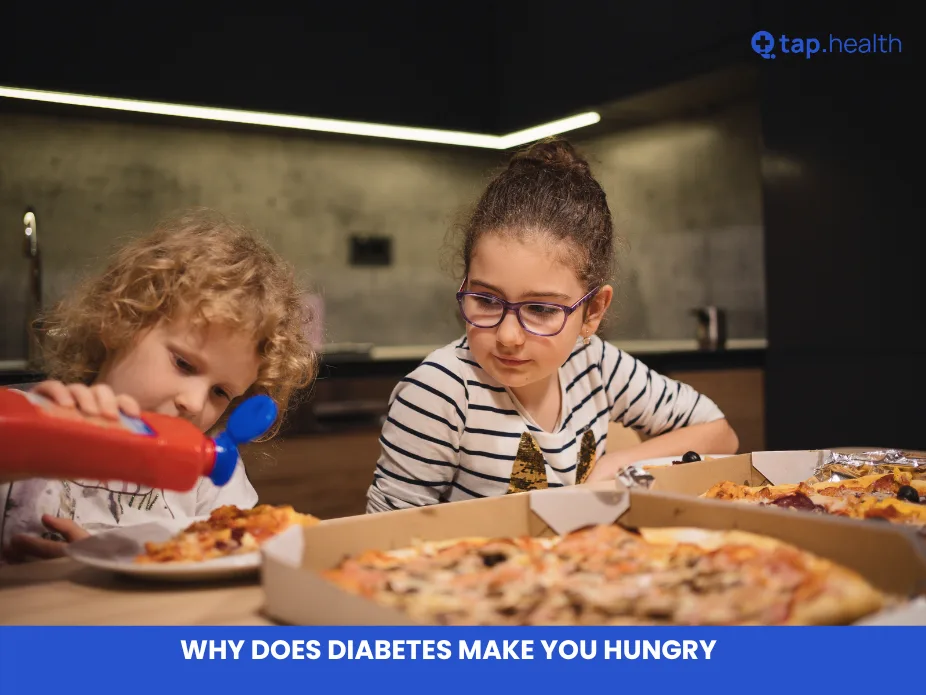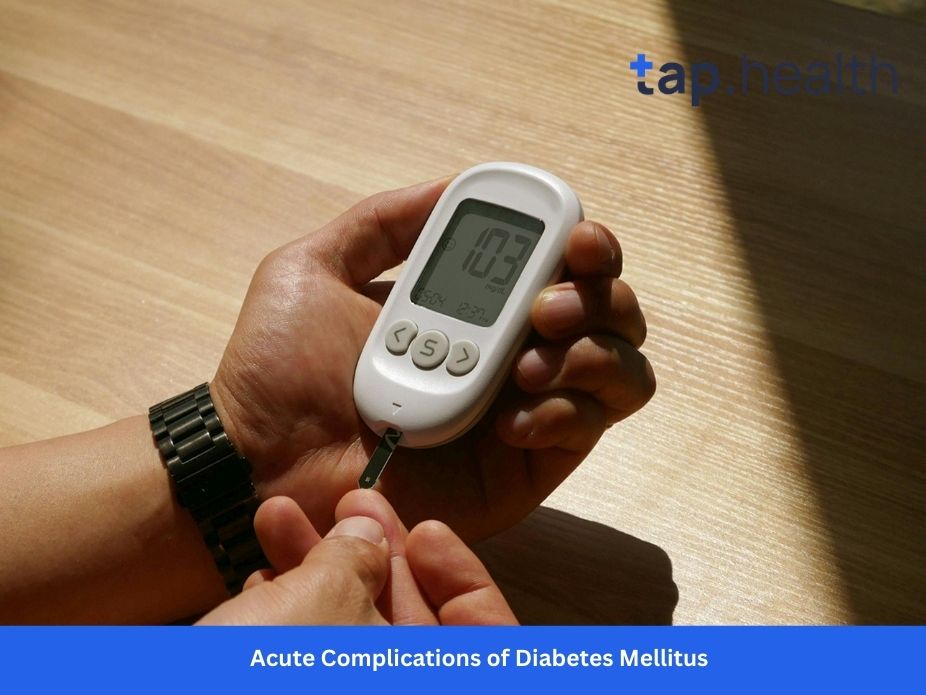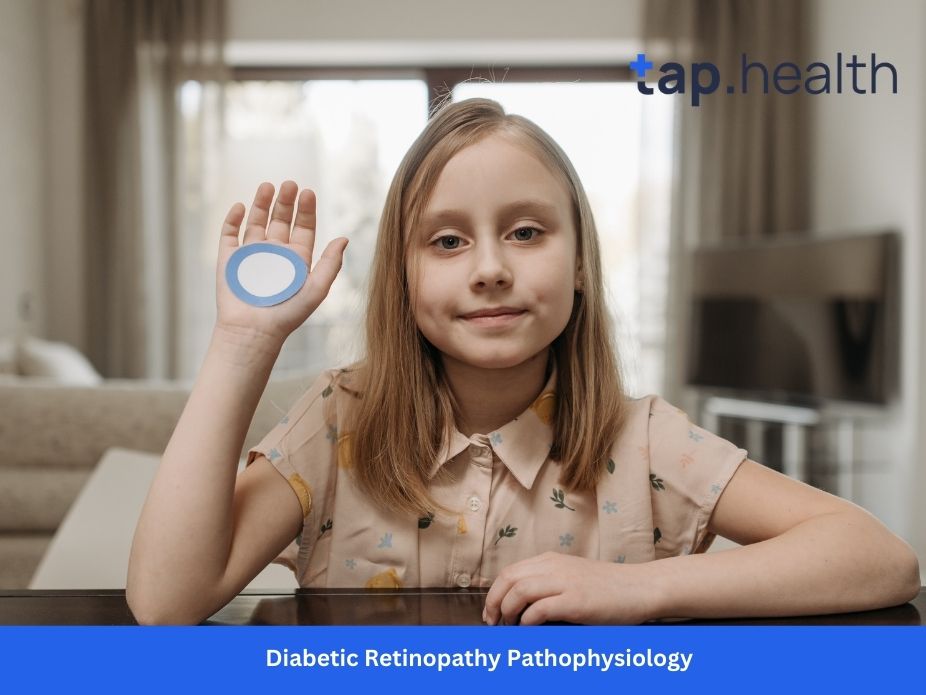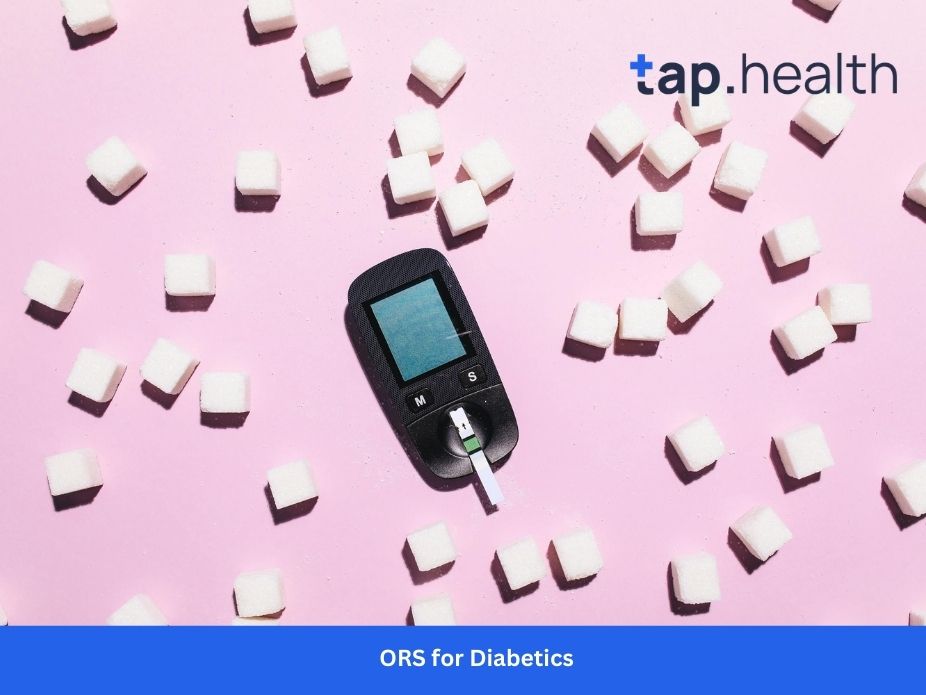Feeling hungry all the time can be frustrating, and it’s one of the common complaints among people living with diabetes. It’s important to understand why this happens and how it’s linked to blood sugar levels and the body’s ability to process food. This blog will break down the reasons behind increased hunger in diabetes, help you understand the science behind it, and provide tips on how to manage it.
Understanding the Link Between Hunger and Diabetes
When you eat, your body breaks down the food into glucose (sugar), which is used for energy. Insulin, a hormone produced by the pancreas, helps move this glucose from your bloodstream into your cells. However, in diabetes, the body either doesn’t make enough insulin or can’t use it properly. This leads to high blood sugar levels, which can affect your hunger.
Why Does Diabetes Make You Hungry?
People with diabetes often feel excessive hunger (called polyphagia) because their body’s cells aren’t getting enough glucose, even if blood sugar levels are high. Here’s why this happens:
- Insulin Problems:
- In type 1 diabetes, the body doesn’t produce insulin.
- In type 2 diabetes, cells become resistant to insulin.
- Insulin is needed for glucose to enter cells. Without it, glucose stays in the blood instead of fueling the body.
- Cells Starving for Energy:
- Even though there’s plenty of sugar in the blood, cells can’t use it efficiently.
- The body interprets this as a lack of energy and triggers hunger signals to encourage eating.
- High Blood Sugar Doesn’t Stop Hunger:
- You might eat more, but your body still can’t get energy from glucose properly, so hunger persists.
- Other Factors:
- Frequent urination and dehydration (common in diabetes) can also increase feelings of hunger.
Bottom line: Hunger in diabetes is a signal that your body’s cells aren’t getting enough energy from glucose, even if blood sugar is high. Managing blood sugar with diet, exercise, and medications helps reduce this constant hunger.
Also read this : Diabetes-Friendly Cooking: Minute-by-Minute Guide to Healthier Oils
How Insulin Resistance Affects Hunger
In Type 2 diabetes, one of the most common reasons for excessive hunger is insulin resistance. Insulin resistance means that the cells in your body don’t respond properly to insulin, so your pancreas has to produce more of it. Even with higher insulin levels, the glucose remains in the bloodstream instead of entering the cells. Your body perceives this as a lack of energy, which triggers hunger as a signal that you need food, even though there’s plenty of glucose in your blood.
The Role of High Blood Sugar Levels (Hyperglycemia)
When blood sugar levels are too high, the body tries to get rid of the excess sugar through urine. This can cause dehydration, and one of the symptoms of dehydration is feeling hungry or thirsty. So, even though your body is attempting to remove the extra sugar, your brain still thinks you need more food, which can lead to an increase in hunger. This cycle can make it difficult to control your appetite, especially if blood sugar levels are not well managed.
Low Blood Sugar (Hypoglycemia) Can Also Lead to Hunger
While high blood sugar levels can cause increased hunger, low blood sugar (hypoglycemia) can also trigger intense hunger. This is because when blood sugar drops too low, the body signals the brain to eat in order to restore blood glucose levels. People with diabetes, especially those on insulin or medications that lower blood sugar, may experience these sudden dips in blood sugar that cause overwhelming hunger.
Real-Life Scenario:
Priya’s Struggle with Constant Hunger
Priya, a 38-year-old woman living with Type 2 diabetes, often found herself feeling hungry, even after having a full meal. Despite eating balanced meals, she couldn’t shake the constant desire to snack. After discussing this with her doctor, she learned that her insulin resistance was making it difficult for her body to use glucose properly. This resulted in higher blood sugar levels and a constant feeling of hunger. By adjusting her medication and focusing on more consistent blood sugar management, Priya was able to better control her hunger.
How Diabetes Treatment Affects Hunger
Managing diabetes effectively can help control hunger levels. Here’s how treatment affects your appetite:
- Insulin Therapy: For people with Type 1 diabetes or advanced Type 2 diabetes, insulin therapy helps regulate blood sugar levels. However, if insulin doses are not balanced with food intake, it can lead to low blood sugar and increased hunger.
- Medications for Insulin Sensitivity: Medications like metformin help improve the body’s sensitivity to insulin. When the body uses insulin more effectively, glucose can enter the cells, reducing the feeling of hunger.
- Diet and Exercise: Maintaining a healthy diet and engaging in regular physical activity are essential for blood sugar control. A diet rich in fiber and protein can help reduce hunger and maintain stable blood sugar levels.
Expert Contributions:
Dr. Ramesh Kumar, an endocrinologist based in Chennai, shares, “Hunger in diabetes is often linked to the body’s inability to regulate blood sugar properly. For Type 2 diabetes, lifestyle changes, including better insulin management and exercise, are key in reducing frequent hunger episodes.”
Managing Hunger in Diabetes
If you’re struggling with constant hunger, there are a few things you can do to manage it effectively:
- Eat Balanced Meals: Include a mix of proteins, healthy fats, and fiber in your meals. These foods take longer to digest, keeping you feeling full for longer periods.
- Stay Hydrated: Drinking plenty of water can help curb feelings of hunger and prevent dehydration.
- Monitor Your Blood Sugar Levels: Keeping your blood sugar levels stable is essential for managing hunger. Regular monitoring and proper insulin or medication management can help prevent both high and low blood sugar, reducing hunger.
FAQ: Why Do Diabetics Get Hungry?
Q1: Is constant hunger a symptom of diabetes?
Yes, constant hunger can be a symptom of diabetes, especially if blood sugar levels are poorly controlled. Both high and low blood sugar levels can trigger increased appetite.
Q2: How can I manage my hunger if I have diabetes?
Focus on maintaining a balanced diet, regular exercise, and proper blood sugar monitoring. Staying hydrated and eating high-protein and high-fiber foods can also help manage hunger.
Q3: Can diabetes medication cause increased hunger?
Some medications, especially insulin, can cause low blood sugar, which leads to hunger. It’s important to balance medication with food intake to prevent this.
Conclusion
Hunger in diabetes is more than just a simple craving; it’s often a result of how the body is managing blood sugar. Whether it’s insulin resistance or fluctuating blood sugar levels, understanding why this happens can help you take steps toward better control. With the right medication, diet, and lifestyle changes, it is possible to reduce the constant feeling of hunger and maintain a healthier, more stable blood sugar level. If you’re experiencing unusual hunger, consult your healthcare provider to adjust your diabetes management plan.



